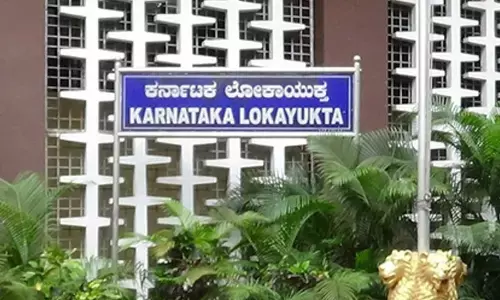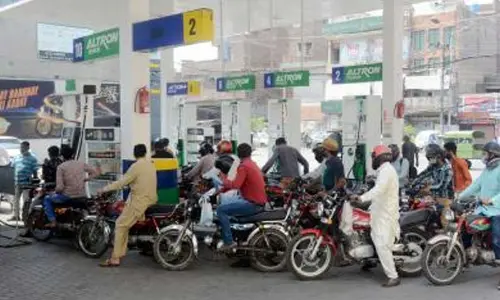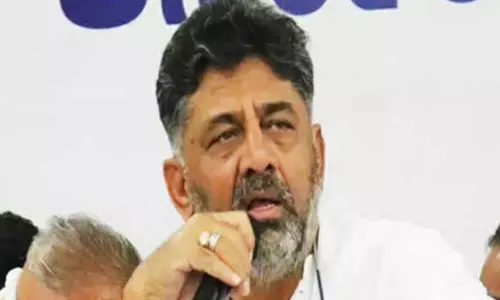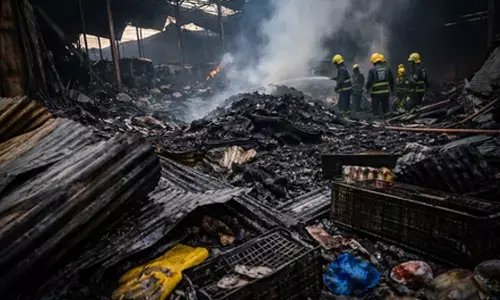Regional parties denying Oppn due space
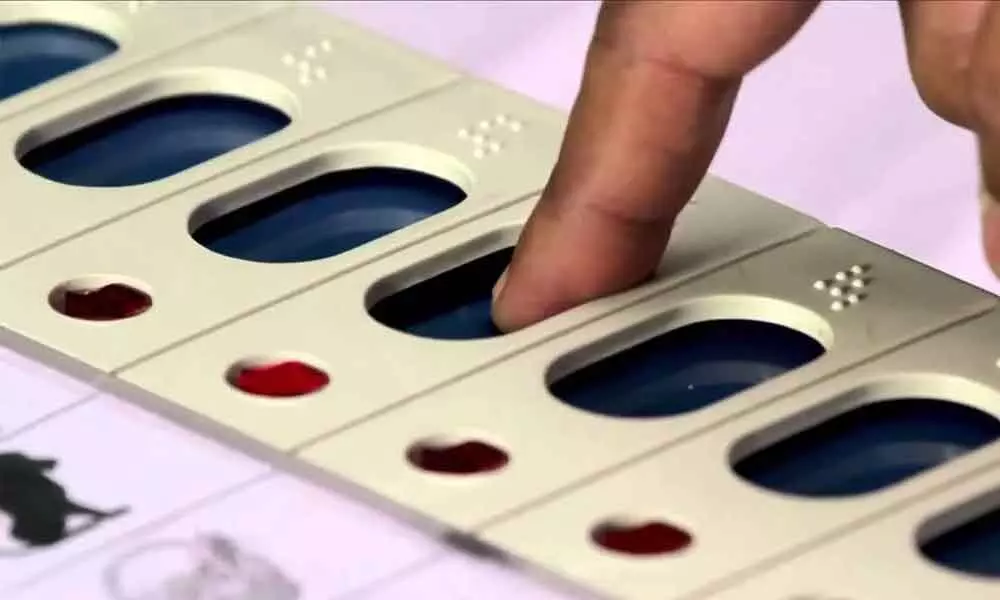
States ruled by regional parties have developed a new trend which is dangerous for democracy. They need to indulge in greater introspection as they are now are hoping to come under one umbrella and come to power at centre.
States ruled by regional parties have developed a new trend which is dangerous for democracy. They need to indulge in greater introspection as they are now are hoping to come under one umbrella and come to power at centre. The first and foremost lesson they should learn is to be extremely tolerant towards opposition. If they do not change the attitude that they have been displaying in the States ruled by them, then democracy would be in peril.
All regional parties have become politically intolerant. They are refusing to put up with disagreeable ideas and groups. If they disagree with anyone, whether it is the Governor of State or an MLA, they are resorting to subversion of systems and procedures. All regional satraps allege the Centre is not following the concept of cooperative federalism. But when comes to their own States, they prove to be no different. Democracy is a system in which institutionalized respect for the rights of opposition and political minorities should be guaranteed. They should not expect the opposition to praise the government as their own party men do. But unfortunately, that spirit of give-and-take is missing from the side of ruling parties. We have seen any number of instances in the last one decade where even the leader of the house makes objectionable comments against the opposition leaders and no protest from the other side is tolerated.
These very parties ask their MPs to raise certain State-specific issues in Parliament and stall the proceedings, if need be. But when it comes to the State-level, they do not allow anyone to raise any objection even to matters pertaining to procedural irregularities. Authoritarianism is clearly visible to the man on the street. Fortunately, this tendency as of now is not seen in the Lok Sabha though the opposition members including the members of regional parties storm into the well, hold placards which is against the rules and stall the proceedings on frivolous issues for days together. The Speaker of Lok Sabha appears to be more tolerant in allowing dissent. On the contrary, we have seen how Telangana Assembly began its session as the second meeting of eighth session and introduced a budget without calling it the budget session. It had done away with the customary Governor's address quoting certain precedents which, if examined carefully, show that the government's argument is out of context. Just because a State government is miffed with the Governor for some reason, it does not mean that they find ways to circumvent the procedures. We have also seen how the West Bengal Governor just read one sentence and left as the members of the ruling party and the BJP did not allow him to read the joint address.
Another latest example of political intolerance was the suspension of BJP members from Telangana Assembly for the entire session. Their crime if it can be so called was to try to raise some objections while the budget speech was on. Even if we agree that the BJP members should have perhaps been more tolerant and adopted a different strategy to corner the government, there was no need to suspend them for the entire session. They could have been suspended for the day.
If the debates and discussion in the Parliament or Legislatures must be meaningful, then the ruling party should ensure that the voice on the other side is also heard.
Political tolerance in a democracy requires that all political ideas get the same access to the marketplace of ideas. It would be a mockery of democracy if the budget is passed without opposition or by completing the formality of discussion with friendly parties or allies. Debates and discussions should be meaningful, and all members should get an opportunity to express their views, criticise the government and offer solutions. The ruling party should have magnanimity of listening even to sharpest of criticism and should have the courage to give reply and convince the members. Tolerance thus requires that governments put up with ideas that are thought to be objectionable to them.


